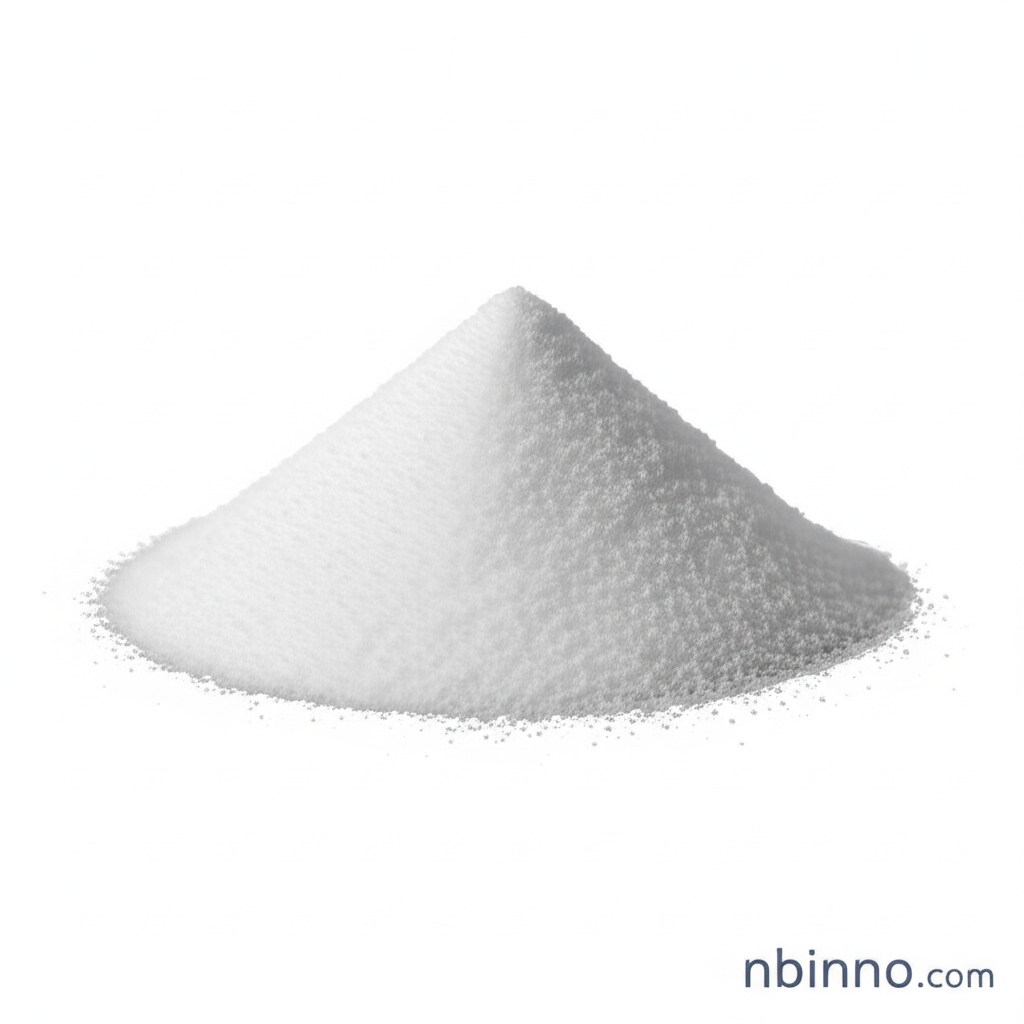Isavuconazonium Sulfate: A Key Antifungal Treatment
Your comprehensive guide to understanding and utilizing this vital azole antifungal medication.
Get a Quote & SampleProduct Core Value

Isavuconazonium Sulfate
Isavuconazonium Sulfate is a crucial systemic antifungal medication belonging to the triazole class, specifically designed to combat severe fungal infections such as invasive aspergillosis and invasive mucormycosis. Its efficacy stems from its unique mechanism of action, targeting ergosterol synthesis in fungal cell membranes.
- Discover the effectiveness of Isavuconazonium Sulfate for invasive aspergillosis, a critical aspect of treating compromised immune systems.
- Learn about treating invasive mucormycosis with Isavuconazonium Sulfate, a severe condition requiring potent antifungal therapy.
- Understand the nuances of Isavuconazonium Sulfate pediatric dosage to ensure safe and effective treatment for younger patients.
- Explore potential azole antifungal drug interactions to manage treatment safely and avoid adverse events.
Key Advantages
Broad Spectrum Efficacy
This powerful antifungal agent offers broad-spectrum coverage, making it effective against a range of serious fungal pathogens, contributing to successful treatment outcomes in complex cases.
Dual Administration Forms
Available in both oral capsules and intravenous injection, facilitating flexible treatment regimens tailored to patient needs and clinical conditions, enhancing patient compliance and treatment continuity.
Pediatric Applicability
The established safety and efficacy in pediatric patients, as detailed in Isavuconazonium Sulfate pediatric dosage guidelines, expands treatment options for younger individuals battling invasive fungal infections.
Key Applications
Invasive Aspergillosis Treatment
Primary use in treating invasive aspergillosis, a serious opportunistic infection common in immunocompromised patients, underscoring its role in critical care settings.
Invasive Mucormycosis Management
Effectively used for treating invasive mucormycosis, another life-threatening fungal infection, particularly in patients with conditions like hematologic malignancies or those who have undergone organ transplantation.
Fungal Infection Prevention
In certain clinical scenarios, it may be employed for the prevention of fungal infections, especially in high-risk patient populations undergoing intensive treatments or immunosuppression.
Management of Complex Infections
Its potent action makes it a valuable option for managing complex or refractory fungal infections where other treatments may have failed or are not suitable, showcasing its role in advanced medical mycology.
